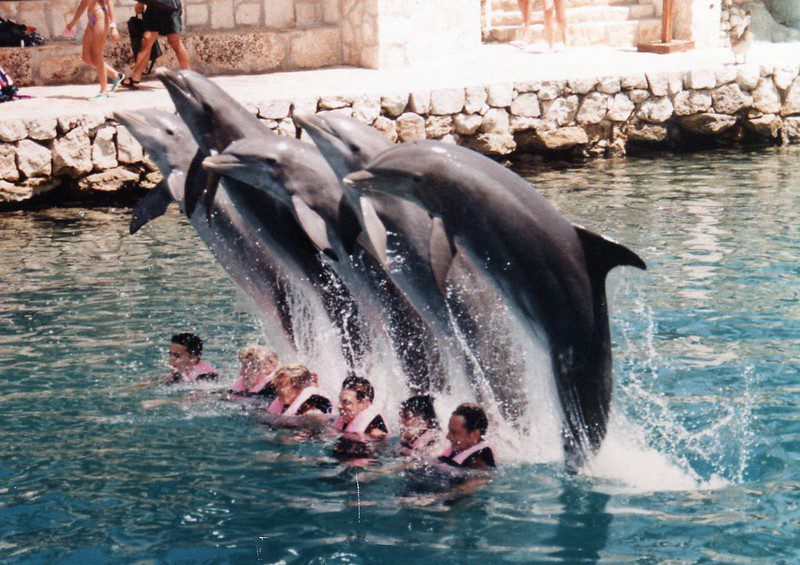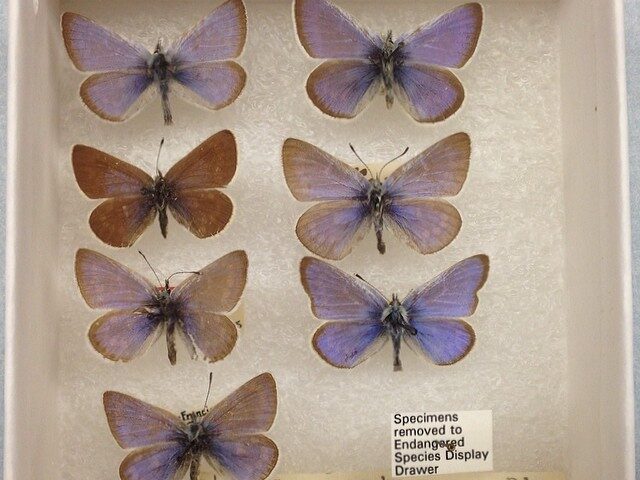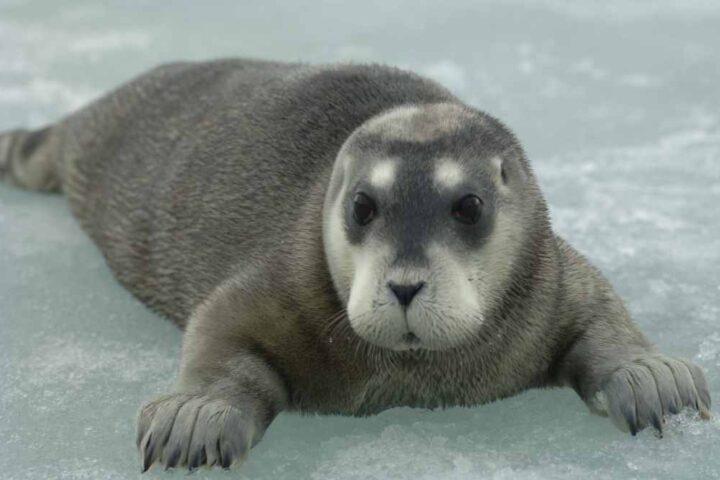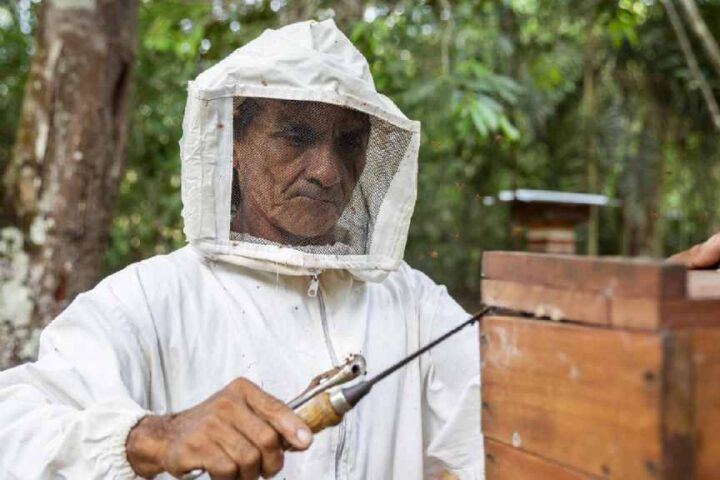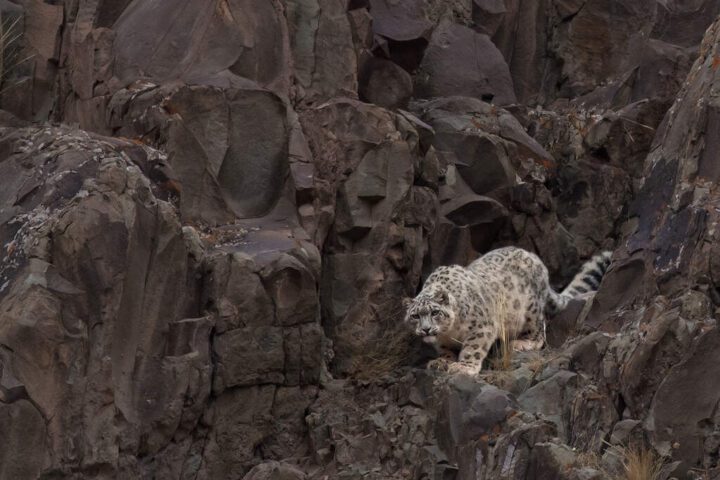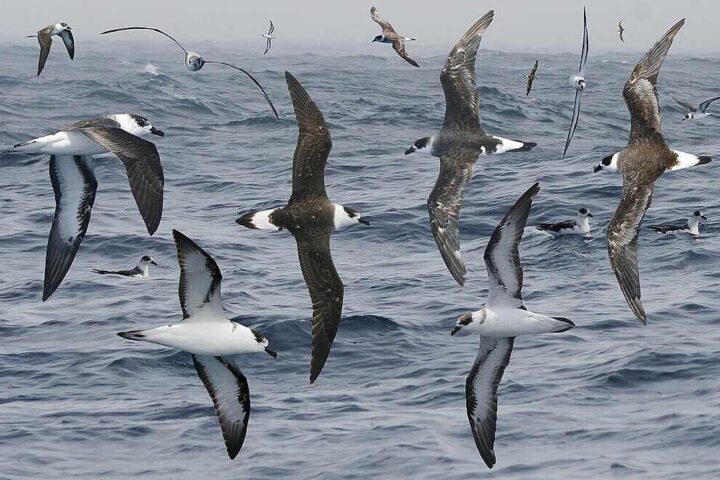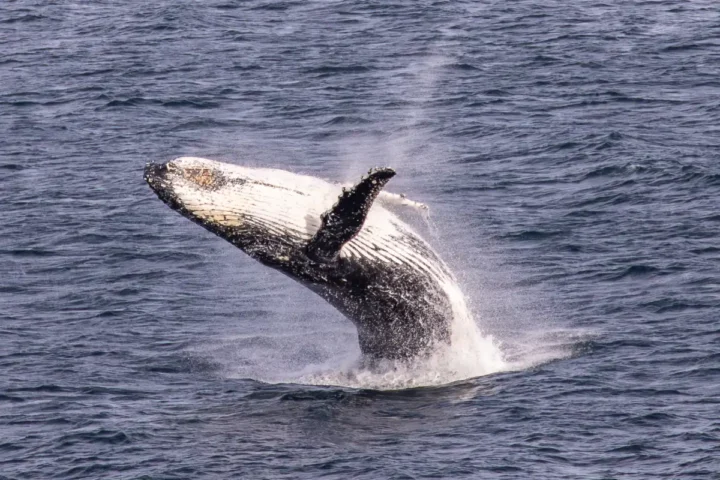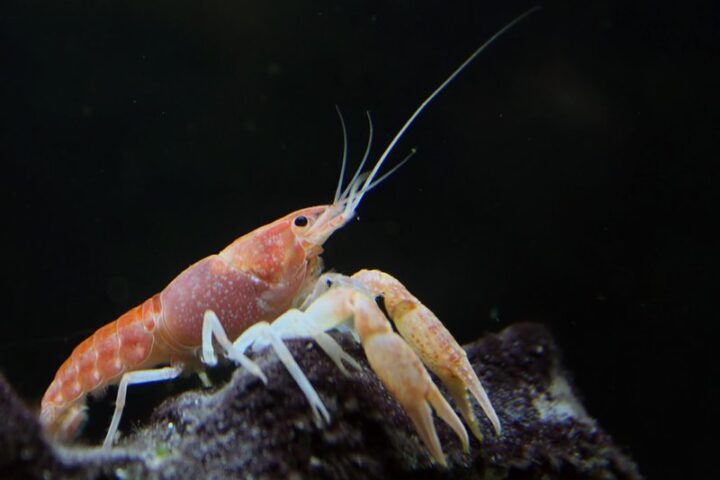Mexico has made a decisive move to end the use of marine mammals in entertainment. On June 26, 2025, the Mexican Chamber of Deputies unanimously approved an amendment to the General Wildlife Law that bans the use of dolphins, sea lions, and orcas in captive entertainment, including fixed and traveling shows.
The ban follows a positive vote by the Senate and becomes law with immediate effect, with implementing regulations to be issued within 180 days. There are an estimated 350 dolphins in captivity in Mexico who the law will require to be relocated to sea pens.
What the Ban Prohibits
The approved amendment strictly prohibits:
- Wild capture of marine mammals for entertainment
- Captive breeding for entertainment purposes
- Keeping marine mammals for any purpose outside scientific research for conservation and species preservation (e.g., reintroduction, restocking, translocation)
- Using marine mammals in shows or other non-conservation activities
Dr. Claudia Edwards, Humane World for Animals Mexico‘s programs director, who supported the development of the bill, said: “This vote represents a decisive move toward ending the exploitation of whales, dolphins and other marine mammals for entertainment and marks a major stride forward in animal welfare and conservation efforts in Mexico.”
Looking Back
The dolphin entertainment industry has been present in Mexico for decades, with facilities in tourist areas. Over time, concerns about animal welfare led to growing calls for restrictions.
Throughout recent years, there has been increasing awareness about marine mammal captivity in Mexico. The 2020s have seen growing scientific consensus against keeping these animals in captivity, as evidenced by a 2022 open letter signed by more than 100 scientists opposing dolphin captivity.
Animal Welfare Science
The ban aligns with scientific evidence about captivity’s effects on marine mammals. Research indicates that captive dolphins can experience stress and abnormal behaviors compared to their wild counterparts, according to evidence cited by animal welfare organizations.
These highly intelligent, social animals have complex needs that are difficult to meet in captivity, creating a stark contrast to their natural habitat where they can engage in natural behaviors.
Implementation Challenges
The relocation of captive dolphins to sea pens presents significant challenges. The transition will require careful planning and welfare monitoring to ensure animal wellbeing throughout the process.
Sea pen relocations involve numerous logistical considerations. The transition will need careful oversight to ensure animal welfare standards are maintained.
Economic Implications
The dolphin entertainment industry has been part of Mexico’s tourism sector. The transition away from captive marine mammal entertainment will require adaptation by affected facilities.
International Context
Mexico joins Costa Rica and Chile as Latin American countries with such bans. Similar prohibitions exist in Canada (2019) and France (with a phased ban beginning in 2020).
World Animal Protection has urged robust monitoring of remaining captive dolphins. This monitoring will be crucial as the ban takes effect across the country.
Dr. Yolanda Alaniz, a renowned marine mammal expert in Mexico who has championed the ban, worked alongside other bioethics experts from Mexico’s National Autonomous University to support this legislative change.
Current Status
The decree was published in the Diario Oficial on July 16, 2025, and entered into force on July 17, 2025. The timeline for implementing regulations will be a critical period for facilities to begin planning for the transition.The law prohibits using marine mammals for entertainment in Mexico. The Mexican government will issue implementing regulations within 180 days; owners must submit inventories within 90 days and have up to 18 months to relocate animals to sea pens where technically feasible.
